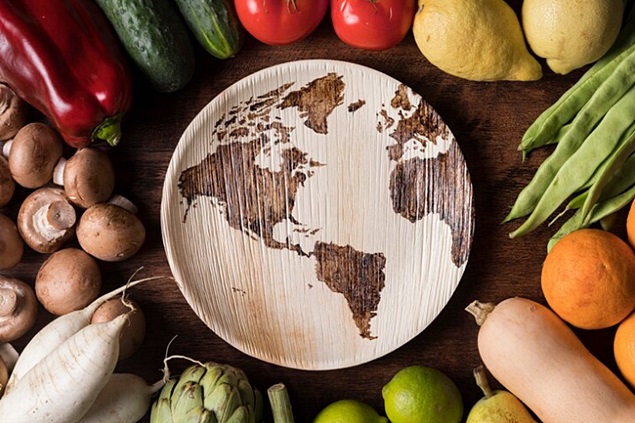843

The overall situation of international food prices remained generally stable in September, with declines in quotations for vegetable oils, dairy, and meat offset by a significant increase in prices for sugar and maize, as reported by the United Nations Food and Agriculture Organization (FAO) today.
The FAO Food Price Index, which tracks monthly changes in international prices of globally traded food commodities, averaged 121.5 points in September, compared to 121.4 points in August.
At this level, the index is 10.7% below its value a year ago and 24.0% below the historic peak reached in March 2022.
The FAO Cereal Price Index increased by 1.0% from the previous month, driven by a 7.0% rise in international maize prices due to strong demand for supplies to Brazil, slower farmer sales in Argentina, and increased barge freight rates due to low water levels on the Mississippi River in the United States.
International wheat prices fell by 1.6%, supported by ample supplies and good production prospects in the Russian Federation, while the FAO Rice Price Index declined by 0.5% due to generally low import demand.
The FAO Vegetable Oil Price Index decreased by 3.9% compared to August, with international quotations for palm oil, sunflower oil, soybean oil, and rapeseed oil all declining, partly due to increased seasonal production and abundant global export deliveries.
The FAO Sugar Price Index increased by 9.8% from August, reaching its highest level since November 2010, amid growing concerns about the tighter global supply outlook for the upcoming season.
Early forecasts indicate production declines in Thailand and India, both key producers, associated with the predominant El Niño event. The large harvest currently being gathered in Brazil, under favorable weather conditions, has limited the monthly increase in global sugar prices.
The FAO Dairy Price Index declined by 2.3% from August, marking the ninth consecutive decrease, affected by weak global import demand and ample stocks in major producing regions. The relative weakness of the euro currency against the U.S. dollar has also impacted international dairy prices.
The FAO Meat Price Index decreased by 1.0% from the previous month, driven by a combination of weak import demand and ample export availability worldwide, pushing down prices for pork, poultry, and sheep meat.
In contrast, international prices for beef rebounded due to strong import demand for lean beef, especially in the United States.





